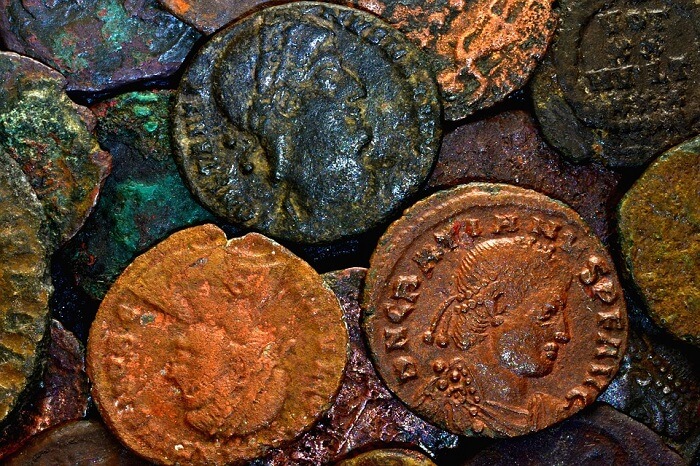İngilizce olarak paranın icadı, bulunması, tarihi, tarihsel gelişimi ile ilgili yazı. Paranın tarihi hakkında İngilizce bilgi

Kaynak : pixabay.com
Paranın Tarihi İngilizce
History Of Money
Money is anything that is commonly accepted by a group of people for the exchange of goods, services or resources. Every country has its own system of coins and paper money.
Bartering and Commodity Money
In the beginning, people bartered. Bartering is the exchange of a good or service for another good or service. For example, a bag of rice for a bag of beans. However, what if you couldn’t agree what something was worth in exchange or you didn’t want what the other person had?
To solve that problem, humans developed what is called commodity money.
A commodity is a basic item used by almost everyone. In the past, items such as salt, tea, tobacco, cattle and seeds were commodities and therefore were once used as money. However, using commodities as money had other problems. Carrying bags of salt and other commodities was hard and commodities were difficult to store or were perishable.
Coins and Paper Money
Metals objects were introduced as money around 5000 B.C. By 700 BC, the Lydians became the first in the western world to make coins. Countries were soon minting their own series of coins with specific values. Metal was used because it was readily available, easy to work with and could be recycled. Since coins were given a certain value, it became easier to compare the cost of items people wanted.
Some of the earliest known paper money dates back to ancient China, where the issuing of paper money became common from about AD 960 onwards.
Representative Money
With the introduction of paper currency and non-precious coinage, commodity money evolved into representative money. This meant that what money itself was made of no longer had to be very valuable.
Representative money was backed by a government or bank’s promise to exchange it for a certain amount of silver or gold.
For example, the old British Pound bill or Pound Sterling was once guaranteed to be redeemable for a pound of sterling silver.
For most of the nineteenth and twentieth centuries, the majority of currencies were based on representative money through the use of the gold standard.